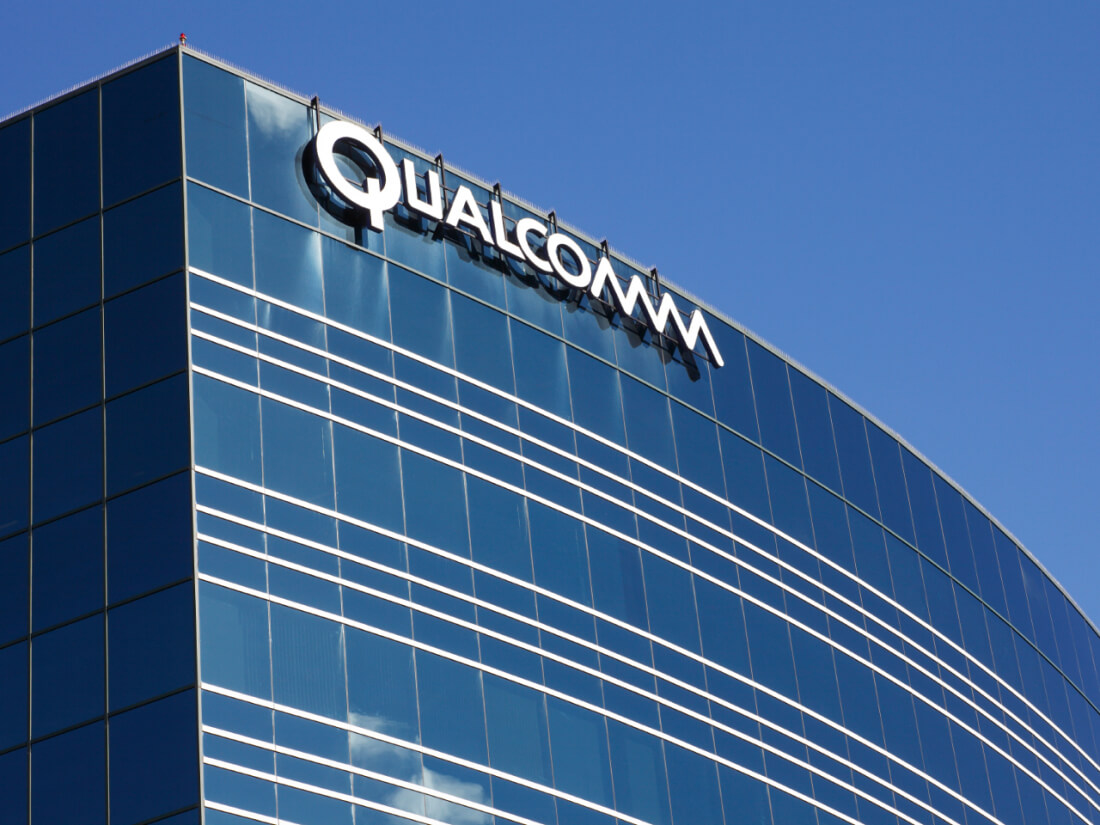South Korea's antitrust regulator KFTC has fined Qualcomm 1.03 trillion won ($854 million) for allegedly abusing its market dominance in wireless chips to force "excessive" licensing fees on smartphone makers. This marks the largest ever levied in the country, and could have wider ramifications considering patent licensing represents around 32 percent of the company's total revenue.
The three year investigation centers on complaints by local smartphone manufacturers that that Qualcomm charged them excessive royalties by calculating its licensing fees based on the total cost of a handset, rather than that of the chipset or other components in which its technology is embedded.
Furthermore, it reportedly forced handset makers to pay royalties for an unnecessarily broad set of patents as part of sales of its modem chips, while refusing or limiting licensing of its standard essential patents related to modem chips to rival chipmakers such as Intel, Samsung Electronics and MediaTek.
Aside from a hefty fine, Qualcomm was ordered to negotiate in good faith with rival chipmakers on patent licensing and renegotiate chip supply agreements with handset makers if requested.
KFTC Secretary General Shin Young-son stressed that the ruling was not about protecting domestic companies such as Samsung and LG, but about improving market competition for all players. Don Rosenberg, Qualcomm's general counsel, thinks otherwise, noting that the KFTC refused to launch an investigation into Samsung after Apple lodged a complaint on a similar point.
Qualcomm will challenge the findings in court, though it will still have to pay the fine pending appeal.
